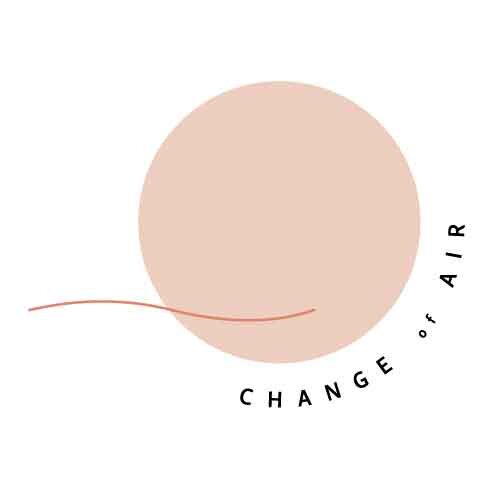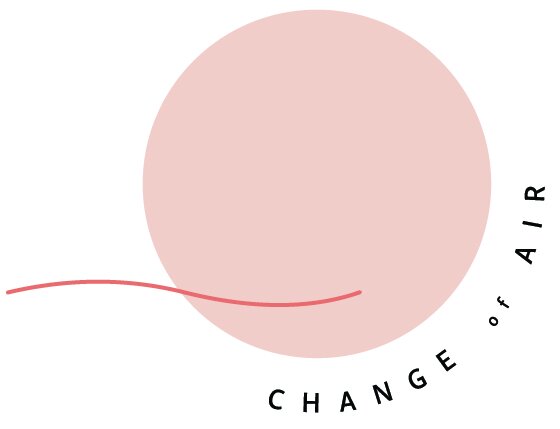The Power of Journaling in Healing Trauma
It has been said that we write to understand how we feel about something. That the process of writing, of trying to get our thoughts out of us and onto paper, helps us understand our thoughts.
Have you ever had the experience of wanting to communicate your own feelings and then as you are writing or reading back your own writing you realize - ah, so that’s what I think about that? THAT’s what I feel about that?
Emerging research projects have proven that writing for 15-20 minutes at a time, over several days, about a past traumatic event or current secret concerns can reduce inflammation in the body, can boost your immune system and can reduce doctor’s visits.
Even more fascinating, studies have now shown that writing and journaling has improved a variety of conditions from asthma and arthritis to cancer. One study has even shown that short-term writing every day can reduce wounds on your skin faster. That’s — amazing.
And…something to prioritize!
On the latest podcast episode about this, I mention several journals, studies, prompts and resources you can explore all about journaling. Here they are, all in one spot:
Journals
Didn’t Cause It, Can’t Control it, Can’t Cure It Daily Inventory Journal - A helpful journal if you are in Alanon or used to be and want a bit of that structure with your journaling.
Practice You Journal & Being You Journal by the wonderful Elena Brower - I worked with Elena for many years at YogaGlo and I’ve used a lot of journals in my life. Both of these are lovely, make you feel so seen, provide wonderful prompts and are just so pretty that the every act of opening the journal each day feels like its own self-care practice before you even start journaling.
Tiny Buddha’s Worry Journal: A Creative Way to Let Go of Anxiety and Find Peace - Filled with lovely prompts, quotes and questions for reflection, this makes it easy to journal daily with guided prompts.
The 5-Minute Gratitude Journal - Helps you build a 5-minute a day journaling and gratitude practice. Studies have shown that a daily expression of gratitude can also reduce inflammation and stress - something we ACoAs know we need to do thanks to the ACEs test!
The Healing Journal - Includes reflective prompts, healing trackers and inspiring quotes to guide you on your healing journey.
Integrating My Shadow: A Shadow Work Prompt Companion Journal for Inner Child Healing - Journal prompts that explore your shadow self and helps you write to release wounds from childhood. This is a bit more intense than others, but very powerful if you feel safe enough to begin this deeper inner child work and have a good support system for the days when journaling about past trauma may trigger a lot of stuff.
Studies
Journaling about stressful events - effects of cognitive processing and emotional expression - The effects of two journaling interventions, one focusing on emotional expression and the other on both cognitive processing and emotional expression, were compared during 1 month of journaling about a stressful or traumatic event. One hundred twenty-two students were randomly assigned to one of three writing conditions: (a) focusing on emotions related to a trauma or stressor, (b) focusing on cognitions and emotions related to a trauma or stressor, or (c) writing factually about media events. Writers focusing on cognitions and emotions developed greater awareness of the positive benefits of the stressful event than the other two groups. This effect was apparently mediated by greater cognitive processing during writing. Writers focusing on emotions alone reported more severe illness symptoms during the study than those in other conditions. This effect appeared to be mediated by a greater focus on negative emotional expression during writing.
Emotional & Physical Health Benefits of Expressive Writing - Writing about traumatic, stressful or emotional events has been found to result in improvements in both physical and psychological health, in non-clinical and clinical populations. In the expressive writing paradigm, participants are asked to write about such events for 15–20 minutes on 3–5 occasions. Those who do so generally have significantly better physical and psychological outcomes compared with those who write about neutral topics. Here we present an overview of the expressive writing paradigm, outline populations for which it has been found to be beneficial and discuss possible mechanisms underlying the observed health benefits. In addition, we suggest how expressive writing can be used as a therapeutic tool for survivors of trauma and in psychiatric settings.
Changes in Circulating Lymphocyte Numbers Following Emotional Disclosure: Evidence of Buffering? - In order to assess whether disclosure of emotions through writing about upsetting or traumatic events resulted in changes in blood‐associated immune variables over time, healthy volunteers were randomly assigned to write about either emotional issues or trivial topics for 4 consecutive days. Circulating lymphocytes and T lymphocyte subsets (CD4 (helper), CD8 (cytotoxic/suppressor)) as well as a variety of standard hematological markers were measured following the writing intervention and compared with baseline values. In two separate studies (N=40 and N=38), there were reproducible significant differences between the emotional disclosure and control writing groups immediately following the intervention in CD4, CD8 and total circulating lymphocyte numbers but not in CD4/CD8 ratios or any other hematological variables. Circulating lymphocyte numbers in the emotional writing group stayed relatively constant over the time‐course of the studies, suggesting that the difference between the groups was due to a transient elevation in postwriting blood lymphocyte numbers in the control group. Self‐evaluations immediately before and after each writing session confirmed that the intervention was stressful for subjects in the emotional disclosure group but the effects on circulating lymphocytes were not attributable purely to anxiety‐related factors. The results extend our previous observation of changes in immune reactivity following a writing intervention and indicate that the group differences are the result of fluctuations over time in the control group but relative stability in the emotional disclosure group. It is conceivable that such ‘buffering’ of temporal immune variation might be influential in the health‐promoting effects of emotional disclosure.

